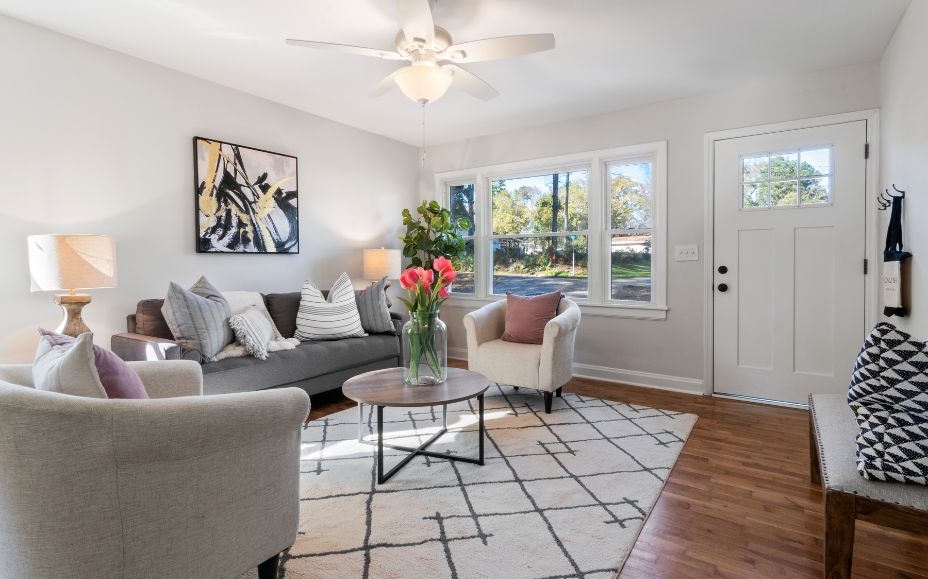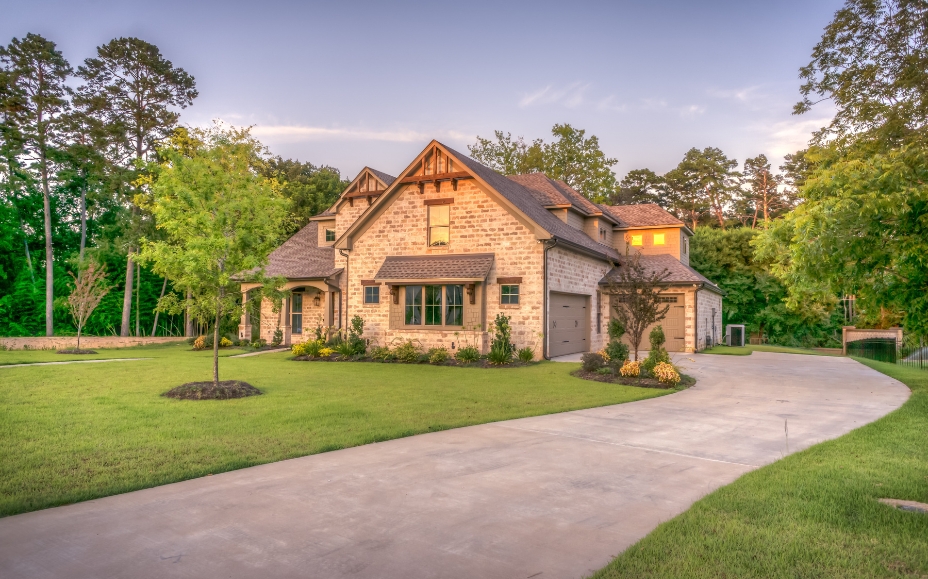Best Autocad Training Institute In Tirupati
919985023023 Tirupati Andhrapradesh info@caddeskhyderabad.com Facebook Twitter Youtube Instagram Linkedin Whatsapp Home All Courses Course Includes Time Duration : 40 Days Reference Guides Student Login ISO






